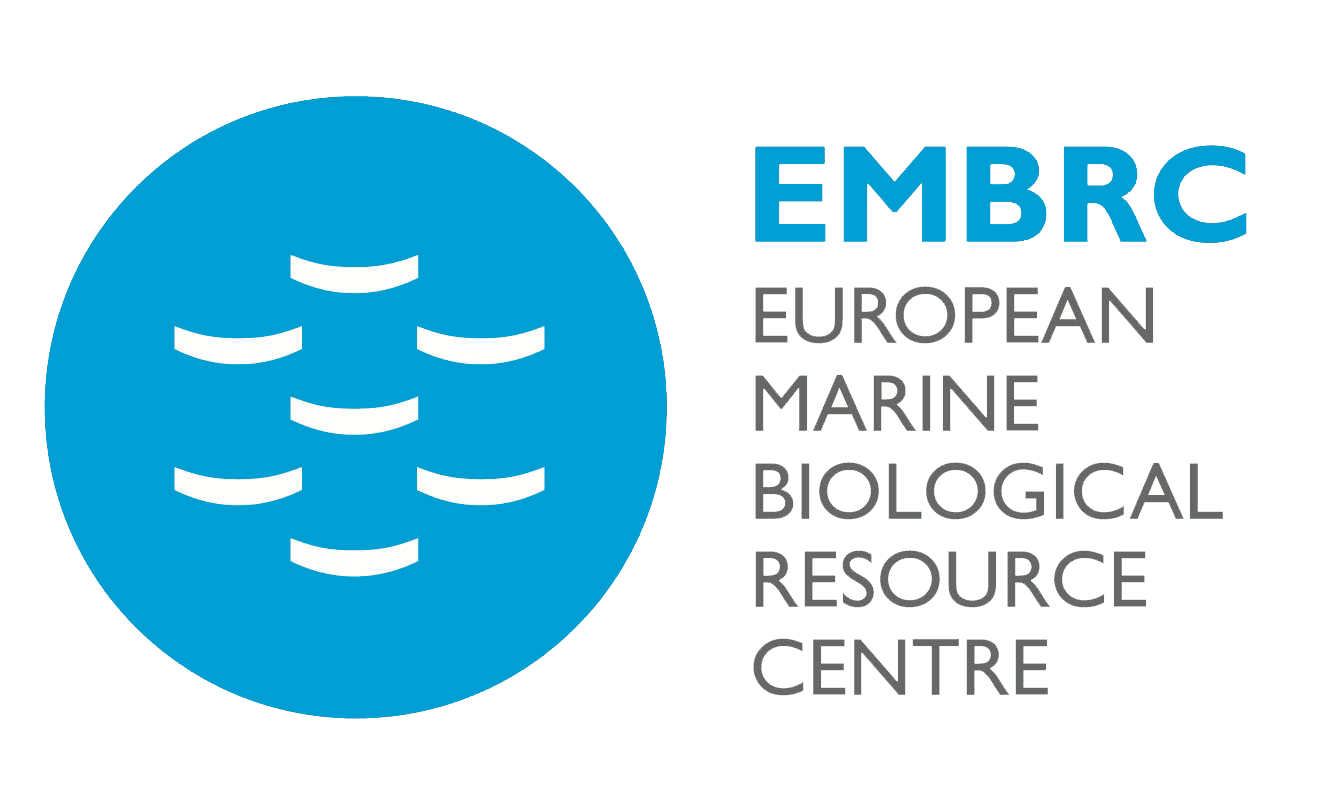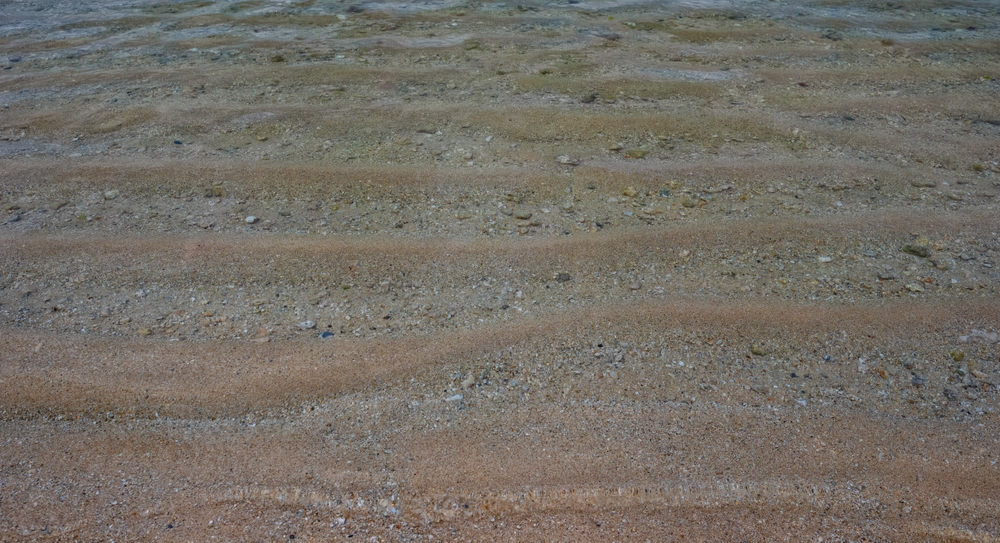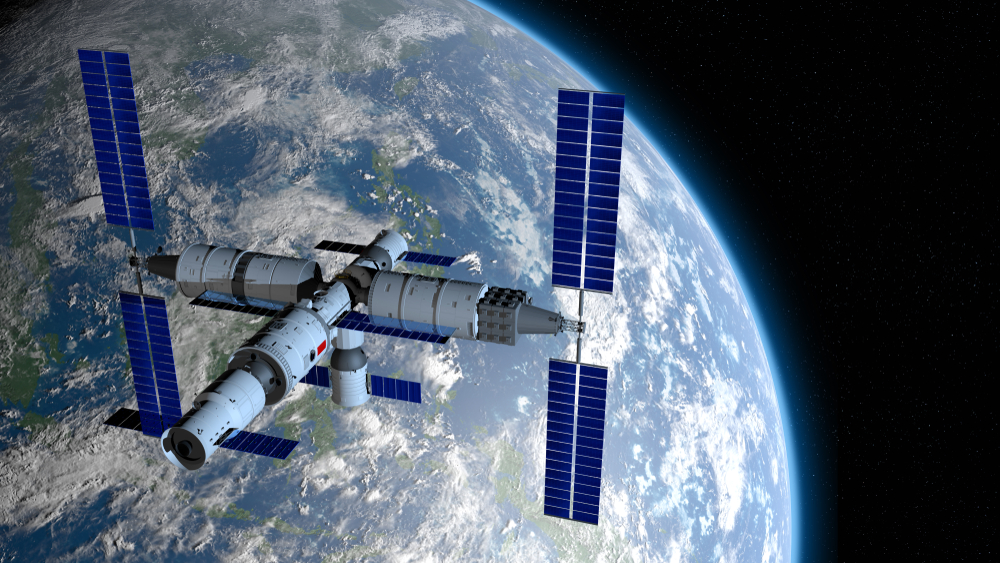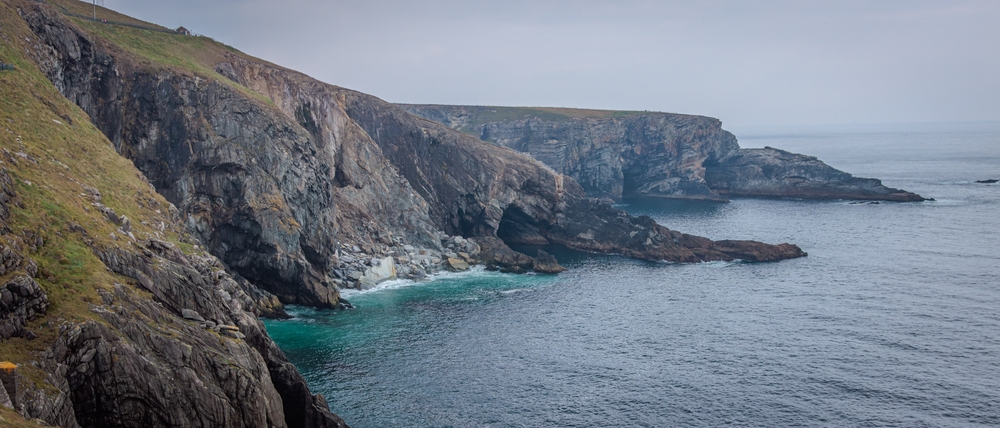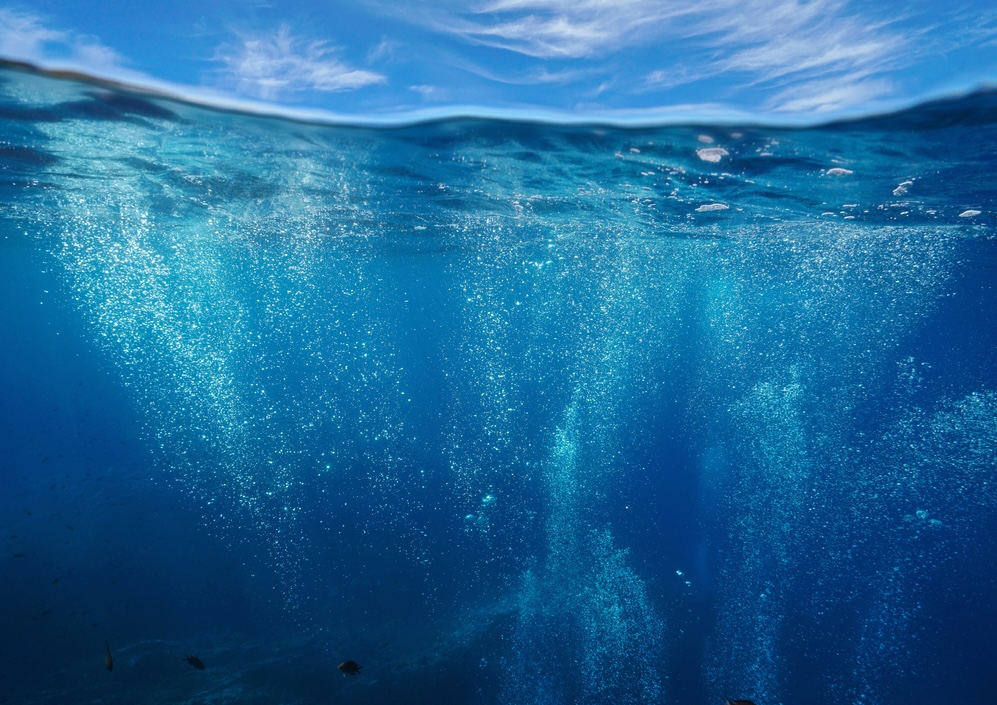Unveiling the Marine Omics Observation pilot project
Advancing our understanding of microbial ocean biodiversity through metagenomics in the FAIR-EASE data landscape
The Marine Omics Observation pilot is an ambitious project under the FAIR-EASE banner, a European initiative aimed at simplifying and democratising access to, and use of, integrated environmental data for research and innovation.
Coordinated by Cymon J. Cox, from the Algarve Centre of Marine Sciences (Faro, Portugal), and Katrina Exter, from the Flanders Marine Institute (Ostend, Belgium), the Marine Omics Observation Pilot focuses on the microbial biodiversity of coastal marine ecosystems. It aims to leverage advanced omics technologies to study and understand the molecular and genetic mechanisms underpinning such biodiversity.
The pilot project engages a multidisciplinary team of marine biologists, geneticists, and data scientists from research institutes and organisations with the European Marine Biological Resource Centre (EMBRC) research infrastructure. By including data collected from key European coastal marine observation sites, it aims to establish a seamless data-sharing framework to make marine omics data Findable, Accessible, Interoperable, and Reusable (FAIR). By doing so, the project contributes to a global effort to protect and sustainably manage marine resources in the face of climate change and human activities.
Bridging gaps in marine data accessibility
Marine ecosystems host an immense diversity of microbial life forms, yet much of their molecular-level biodiversity remains poorly understood due to limited data access, fragmented methodologies, and inadequate infrastructure for large-scale omics studies. The Marine Omics Observation pilot project was conceived to address these challenges. “Our primary goal is to unify and streamline marine omics data workflows, making them accessible to researchers across disciplines,” explains Katrina Exter.
One critical gap the project seeks to address is the lack of interoperability among datasets generated by various omics techniques, such as genomics, proteomics, and transcriptomics. Furthermore, it aims to standardise data collection and annotation practices, thereby enabling better comparisons across studies and between regions. By integrating diverse datasets into the FAIR-EASE platform, the pilot not only democratises access to marine omics data but also fosters novel discoveries by allowing researchers to combine and analyse datasets in innovative ways. Those include the use of Research Object Crates (RO-Crates) – data packages which gather together, describe, and link the raw data, the analytical data products, and the metadata – and a web-based Virtual Research Environment to provide data products and services orientated to non-specialist researchers interested in omics approaches to studying marine biodiversity.
“Making the publication of FAIR data a common practice is a challenge that is essential for understanding complex ecological processes,” adds Katrina Exter, “and with FAIR-EASE we expect to lower the barriers to the FAIRness of data, to allow for multidisciplinary researchers interested in the data to reuse them”.

Making the publication of FAIR data a common practice is a challenge that is essential for understanding complex ecological processes, and with FAIR-EASE we expect to lower the barriers to the FAIRness of data, to allow for multidisciplinary researchers interested in the data to reuse them.
Charting a course for future research
The Marine Omics Observation pilot project represents a transformative step toward making marine biodiversity data FAIR-compliant and broadly accessible. Its contributions extend beyond current research needs, providing a foundation for the development of predictive models and conservation strategies in the coming decades. By empowering scientists with high-quality, interoperable data, the pilot ensures that future marine research will be better equipped to tackle pressing challenges, from understanding the impacts of ocean acidification to planning strategies for marine conservation and restoration.
The Marine Omics Observation pilot is not only a cornerstone of the FAIR-EASE project but also a catalyst for global efforts to sustainably manage and protect marine ecosystems for the benefit of our society and of the planet.

